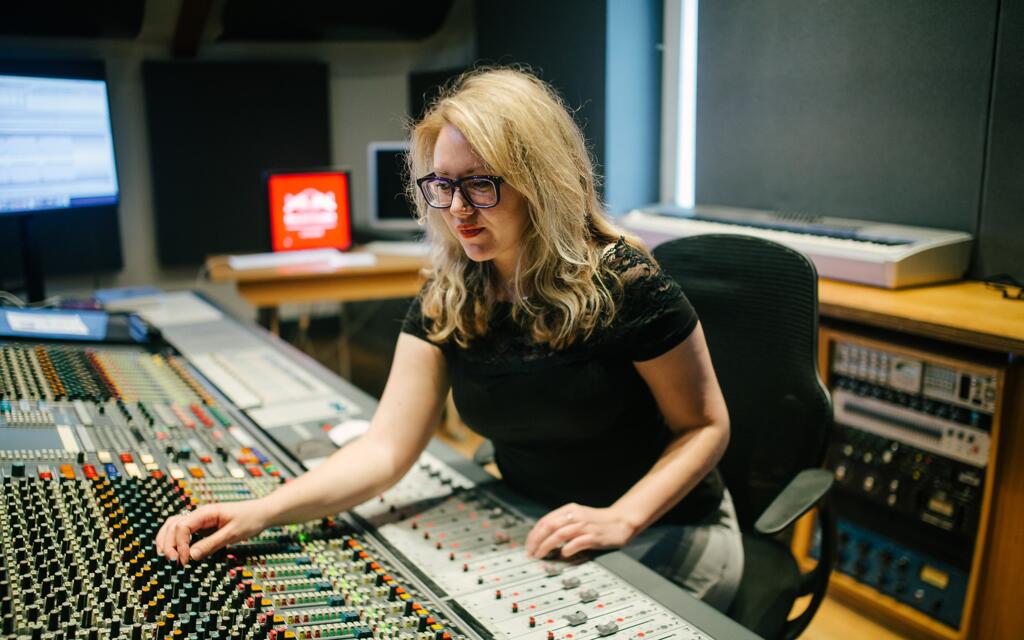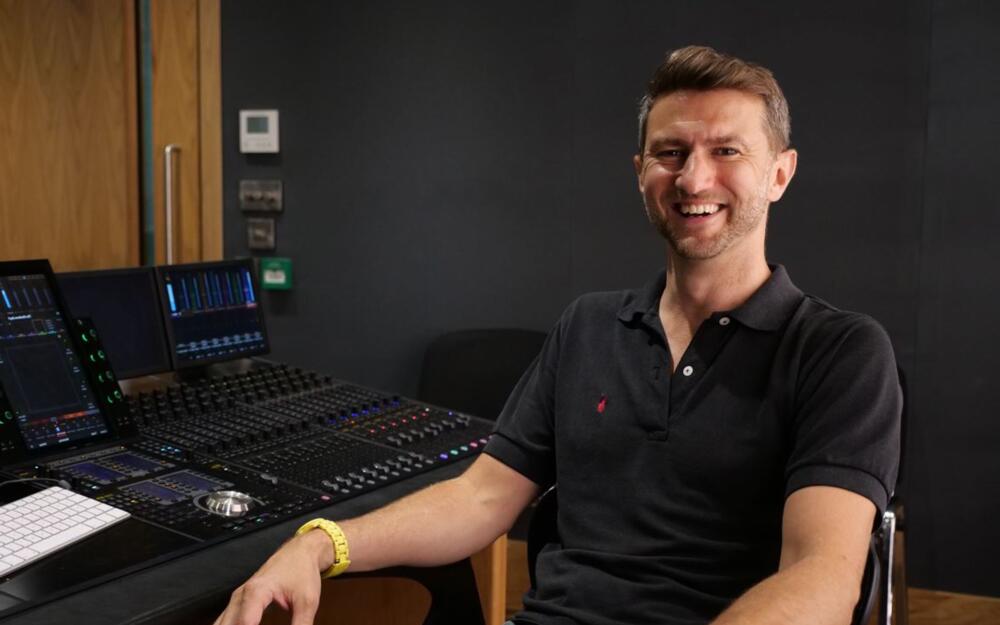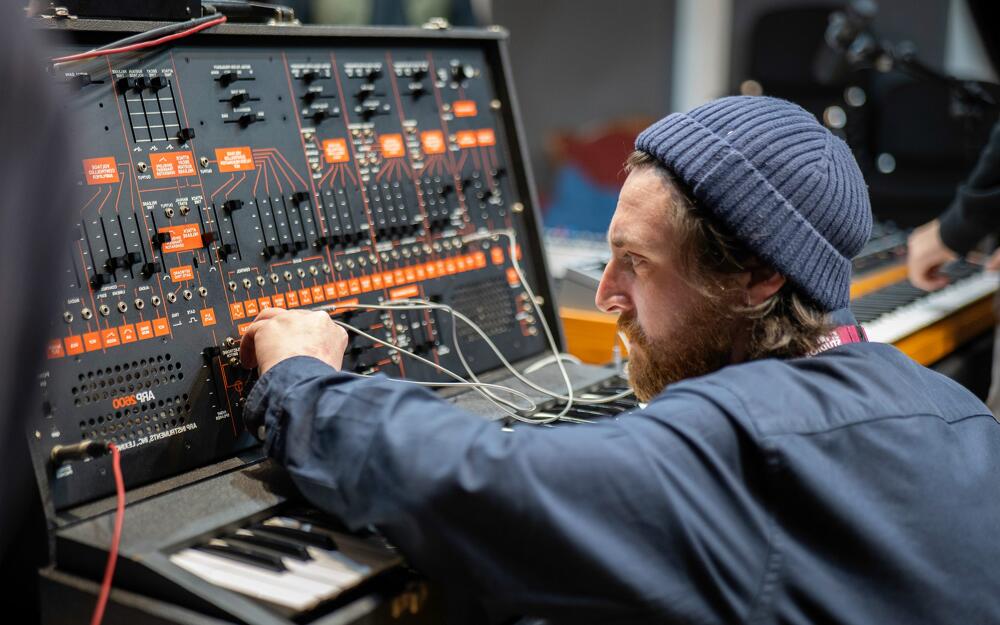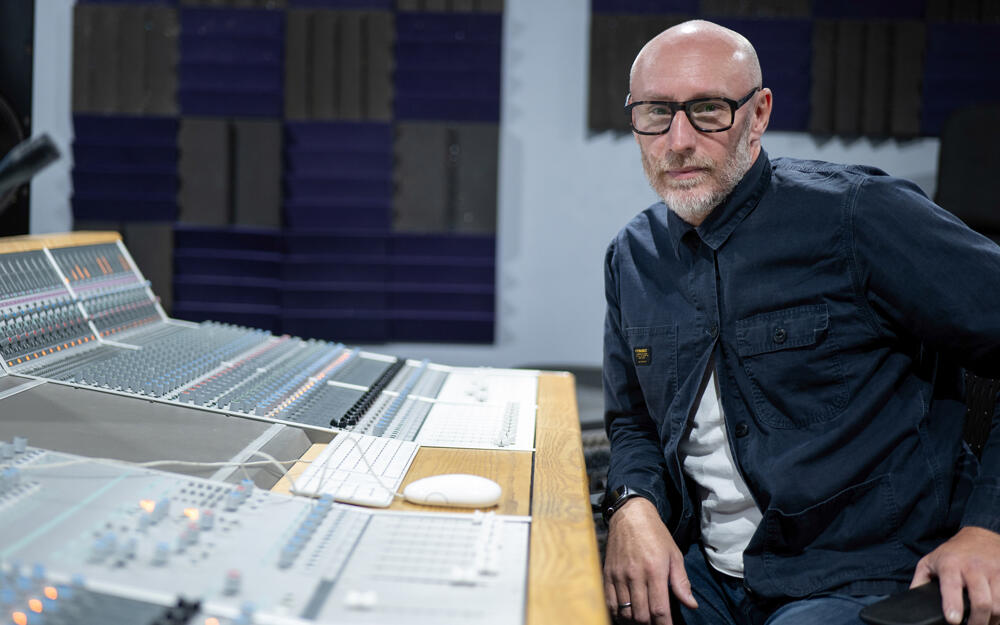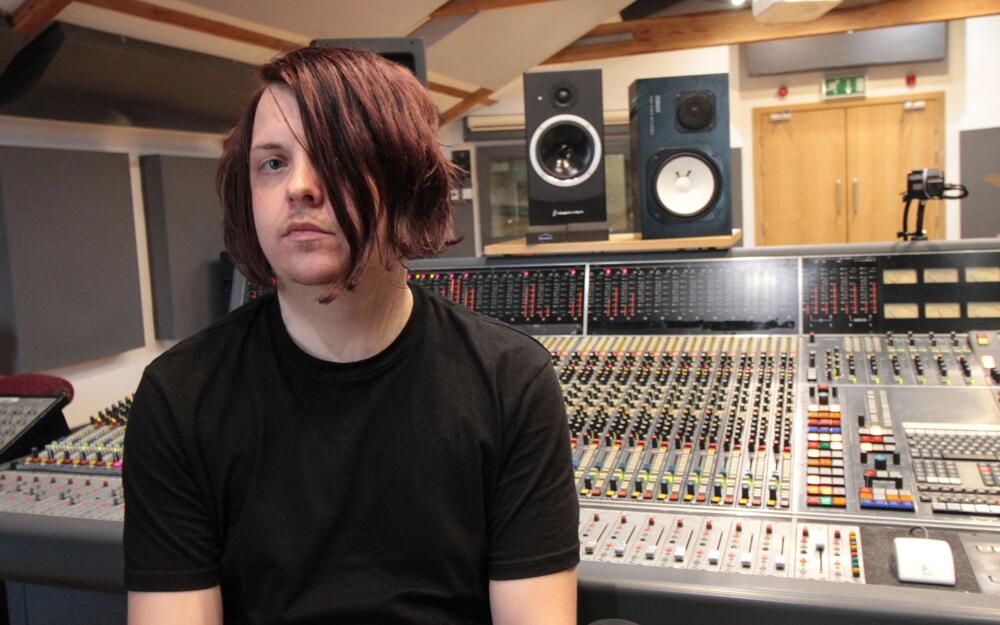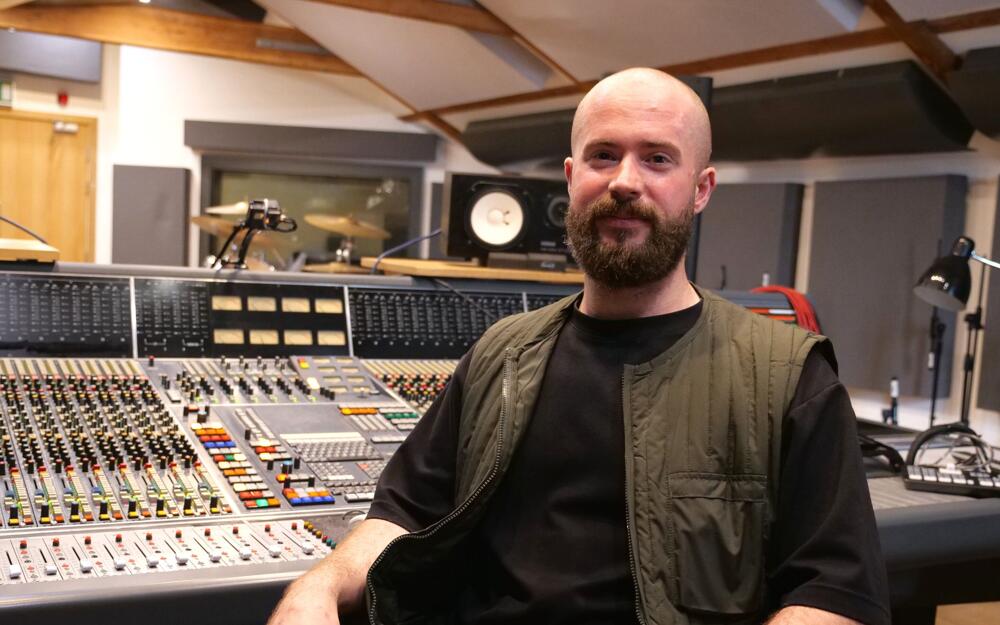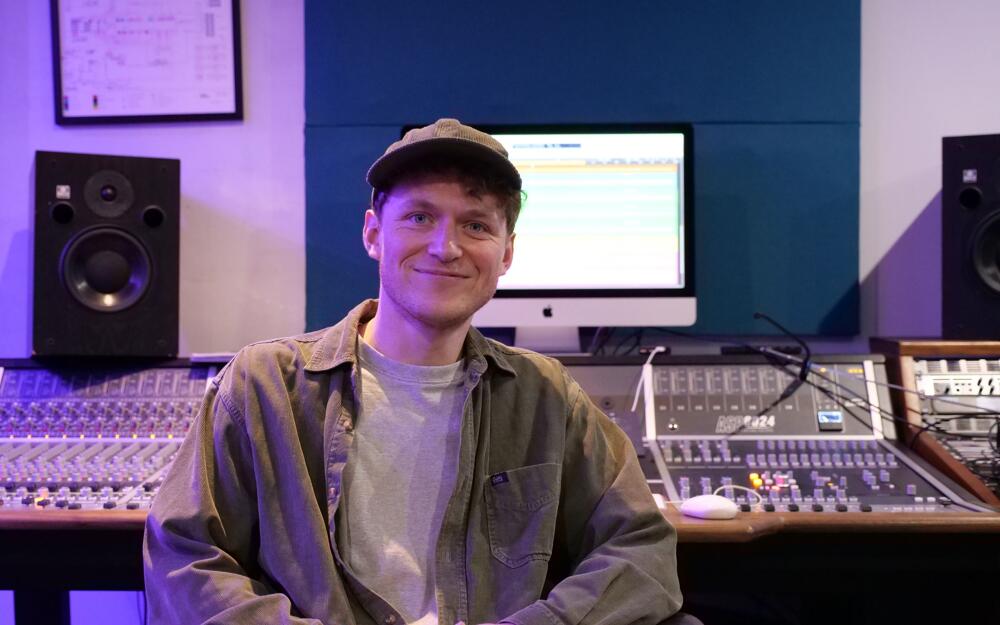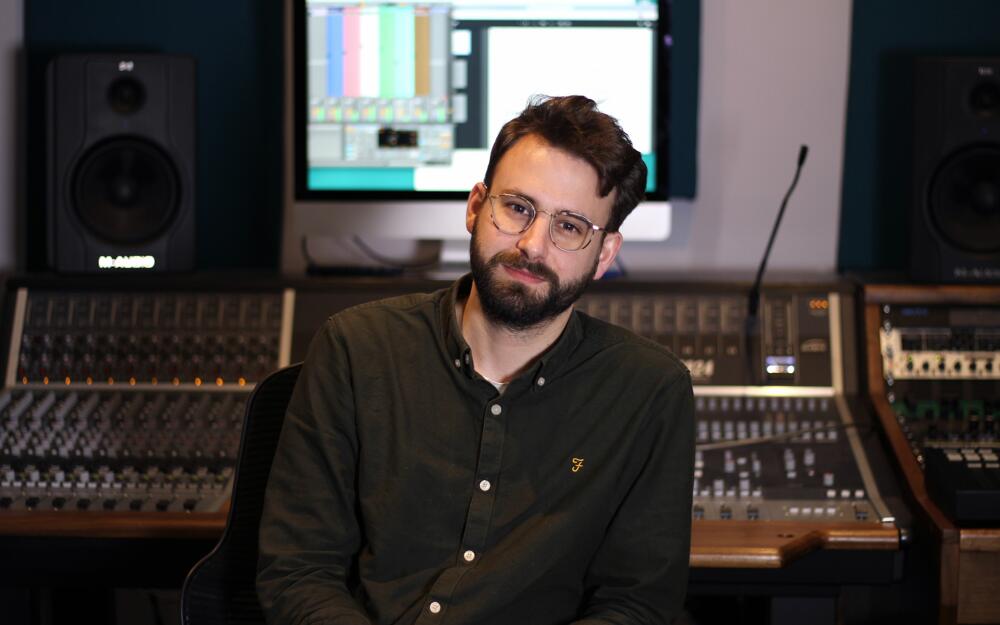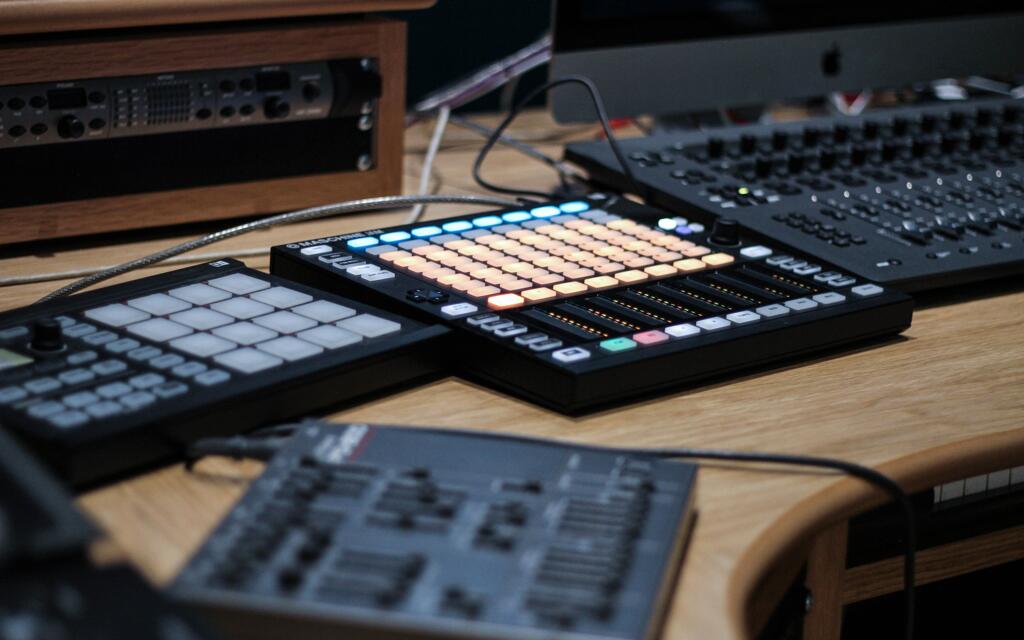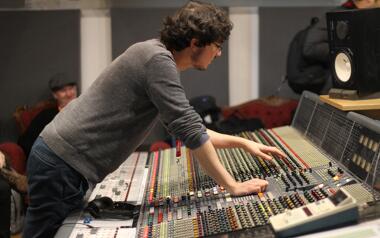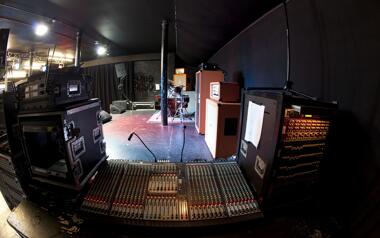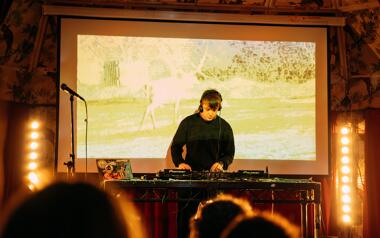Introducing you to the world of sound design, you’ll develop your creative skills in composition and learn to create music for a range of media before presenting your work as an installation of both audio and video assets. Through the research of standard industry practices in this field, practical experimentation with synthesis, Foley, and sound effects creation, you’ll build up a significant library of assets suitable for use in music, film, and games applications.
Assessment: Sound design and installation presentation. 40 credits.
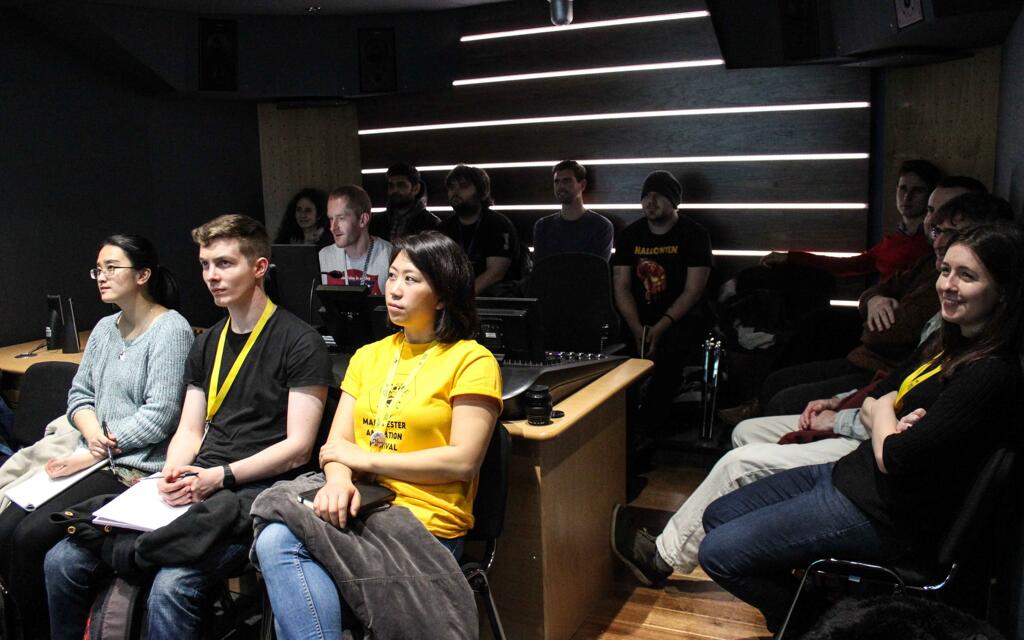 29
Mar
29
Mar
